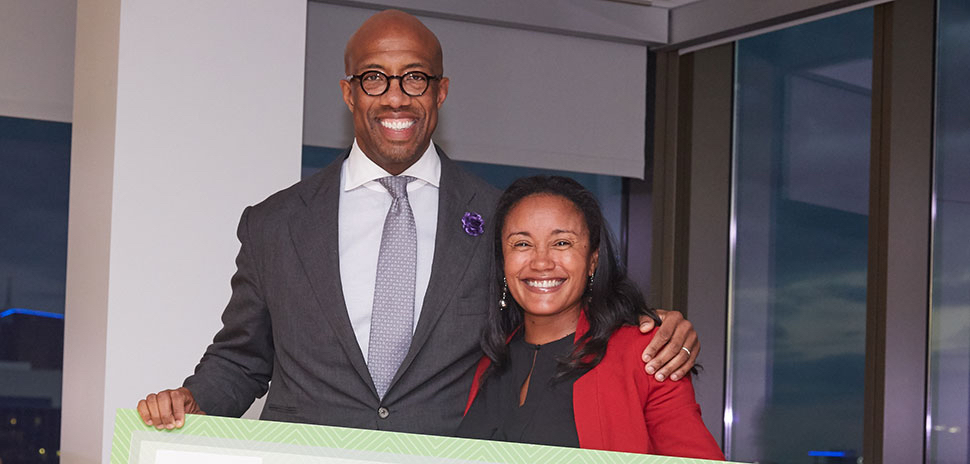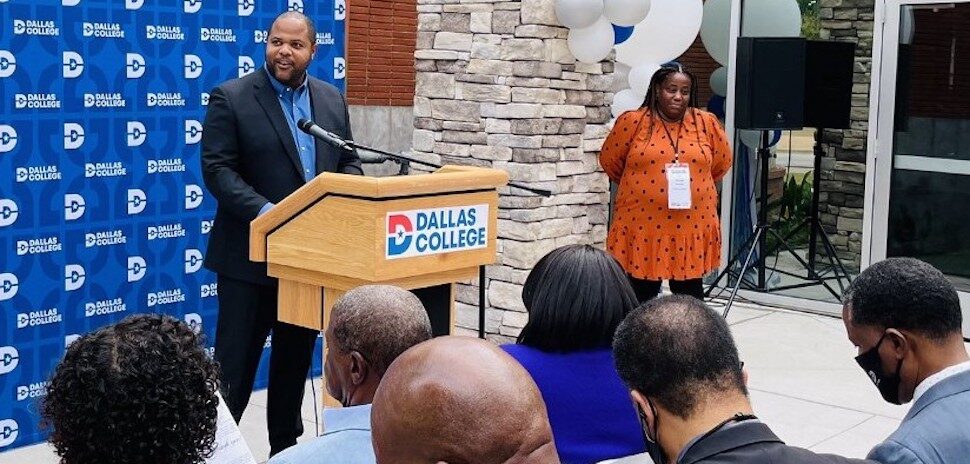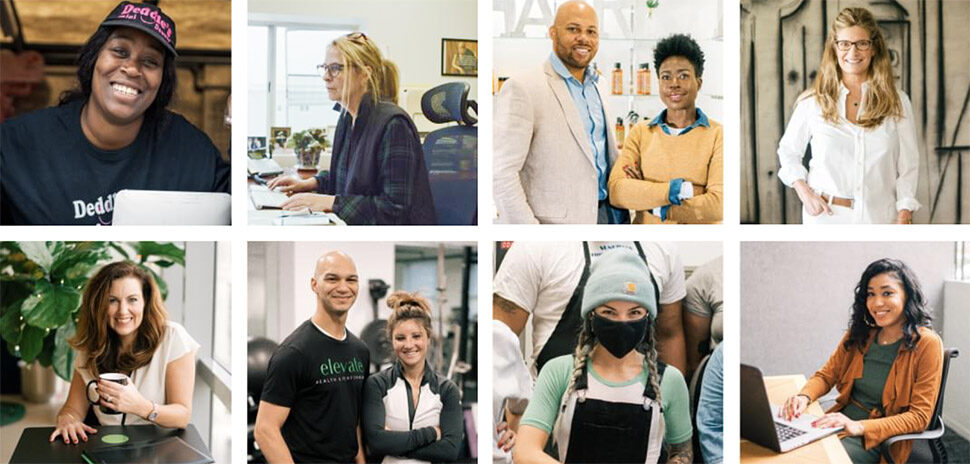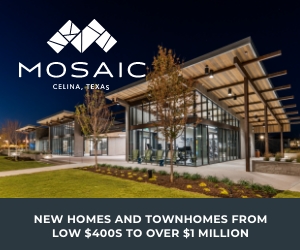When Michael Sorrell took the reins in 2007 as the fifth president in as many years at Paul Quinn College, the historically black school in South Dallas, it was on the brink of closing its doors forever.
By the end of Sorrell’s first year, enrollment was half what it had been a year earlier, buildings were in desperate need of repair, and donations had mostly dried up at the faith-based private school, founded in 1872 by preachers from the African Methodist Episcopal Church.
But that’s all changed.
Last week, Sorrell accepted a $1.1 million investment from the Dallas Impact Investing Collaborative (DIIC) during a reception for the bigBANG! conference that was held Friday at Paul Quinn College.
CREATING SUSTAINABLE CHANGE
In 2010, the old football field was transformed into an organic garden called the WE Over Me Farm. It has produced more than 30,000 pounds of organic produce since its inception, and no less than 10 percent of its produce has been donated to neighborhood charitable organizations. The rest supports community members, the College, and restaurants and grocers throughout Dallas, according to the farm’s website.
There’s a K-12 charter school on the campus, which sits on more than 140 acres.
And enrollment is up by 200 percent in the last six years and in the last two years, it has been growing so fast that there’s a waiting list for the first time in the 144-year history of the school, Sorrell said during the recent reception at the law offices of Polsinelli in Dallas.
Sorrell was also recently named as one of “America’s Ten Most Innovative College President’s” by Washington Monthly.
But there are still problems to solve at the Quinnite Nation, the school’s moniker.
“We are out of space on our campus so we don’t have enough housing for our students.”
Michael Sorrell
“We are out of space on our campus so we don’t have enough housing for our students,” Sorrell said. “This year we had to go looking for housing.”
Some of the school’s students live off campus in apartments where crime is common.
“Imagine what it’s like to have your students send you pictures in a panic-stricken state in the evening when their car windows have been shot out, when they have to call police to settle disputes with their neighbors, when your CFO goes to help one of your students and the man who the student is having a dispute with pulls back his jacket and shows a gun,” Sorrell said.
“There are a lot of things I pay my CFO to do, but to be bullet-proof is not one of them,” he said. “That’s why this project is so important.”
DIIC IS MAKING INVESTMENTS IN BUSINESS WITH SOCIAL PURPOSE
The investment check from DIIC was presented by Tynesia Boyea-Robinson. Robinson, who lives in Dallas, is chief impact officer for Living Cities, a national organization that harnesses the collective power of philanthropy and financial institutions to improve the lives of low-income people and the cities where they live, according to its website.
When you look at our country, there are so many things that are great about it, but there are other things that we can do better, said Robinson who served as a facilitator for the funders at DIIC.
“We can no longer grit our way out of those issues,” she said.
DIIC is making investments in businesses with a social purpose, real estate development that intentionally invests in the people as much as the place, and technology for companies with a social mission so they can be better at what they’re doing, Robinson said.
“The thing that is very powerful about Dallas is that Dallas actually has the ability to lead the nation on this.”
Tynesia Boyea-Robinson
“The thing that is very powerful about Dallas is that Dallas actually has the ability to lead the nation on this,” Robinson said. “This city can set the tone for what is possible in the country because what is good for business is good for Dallas. And what is good for business is that it is not just a moral imperative, it is an economic imperative for us to be able to have the fastest growing demographic, have as much opportunity as the people who came before them that made this city great.”
Sorrell said the school will use the investment to build a 200-unit mixed-use apartment complex that puts Paul Quinn College “on the forefront of sustainable, organic, urban development.”
” … a third of the apartments will go to students, a third will go to single mothers and a third will go to teachers. We’re investing in a community that’s going to be anchored in education,” he said.
OPPORTUNITY, NOT CHARITY IN SOUTH DALLAS
The money will also be used to build a childcare center, an academic development center, and an entrepreneurial space.
Southern Dallas is an opportunity, not a charity case, Sorrell said.
“If all we do is fall prey to the simple method of the intellectually lazy gentrification development projects that people tend to do in difficult to develop areas then we are no better than anyone else.”
Your ZIP code should not dictate your education, Sorrell told me.
“This is innovation Dallas-style,” Sorrell said. “This is who we are. This is what we do.”
READ NEXT
bigBANG! 2016 Promotes Social Justice, Equality
Delivering what’s new and next in Dallas-Fort Worth innovation, every day. Get the Dallas Innovates e-newsletter.






























